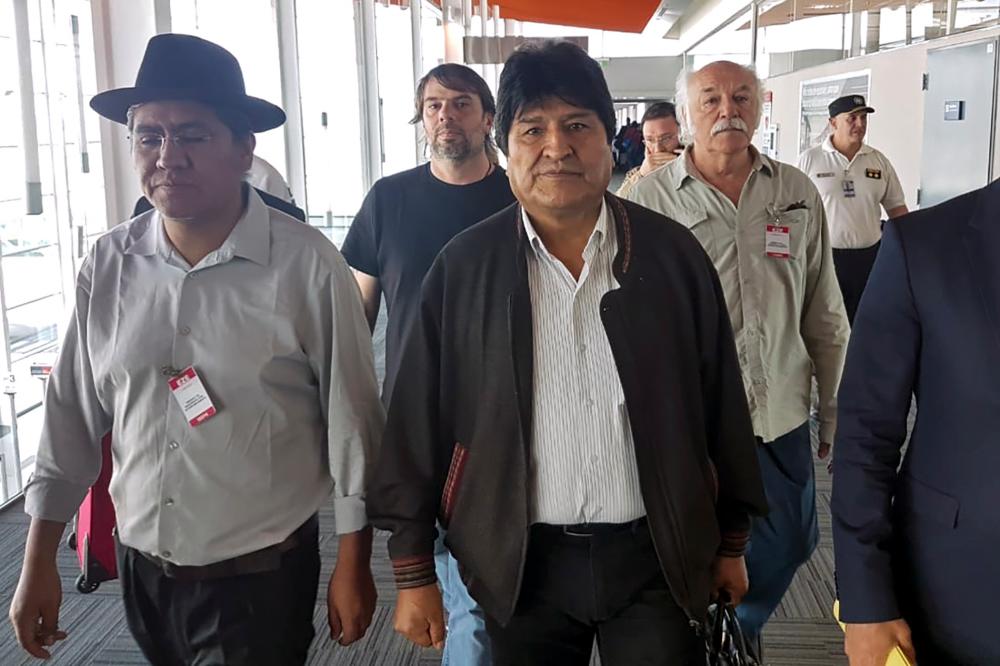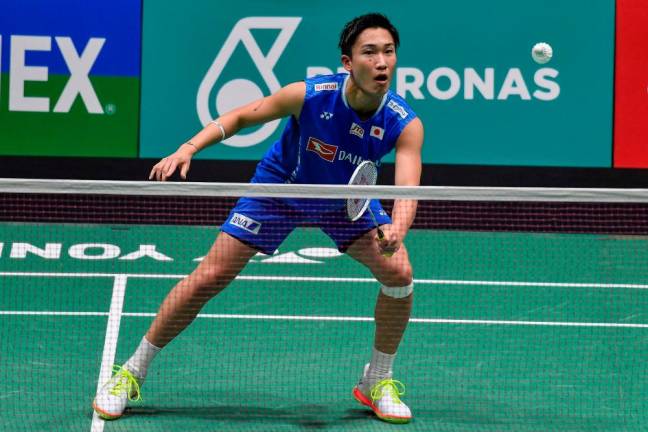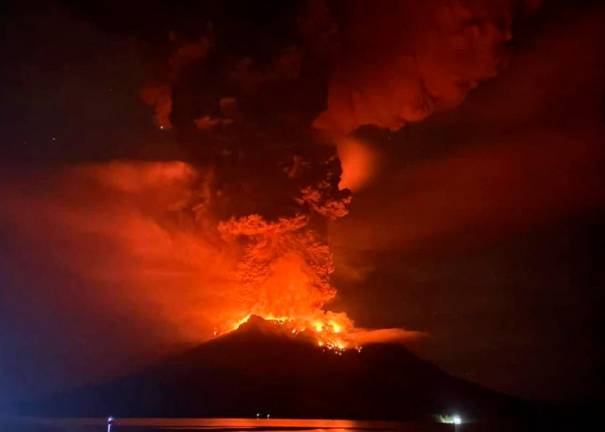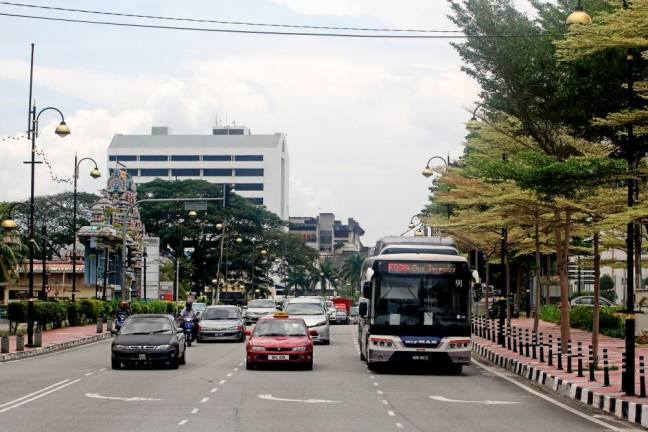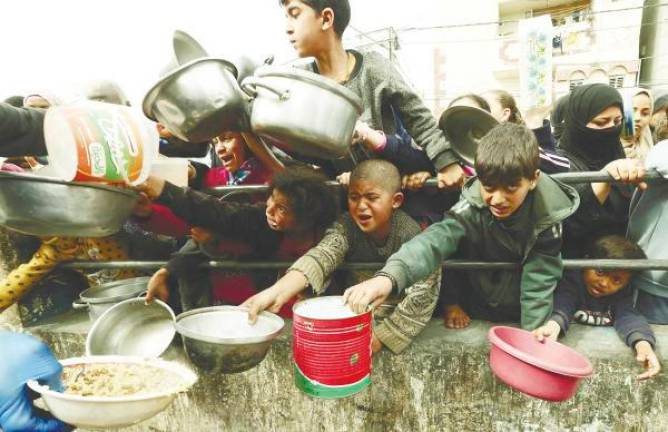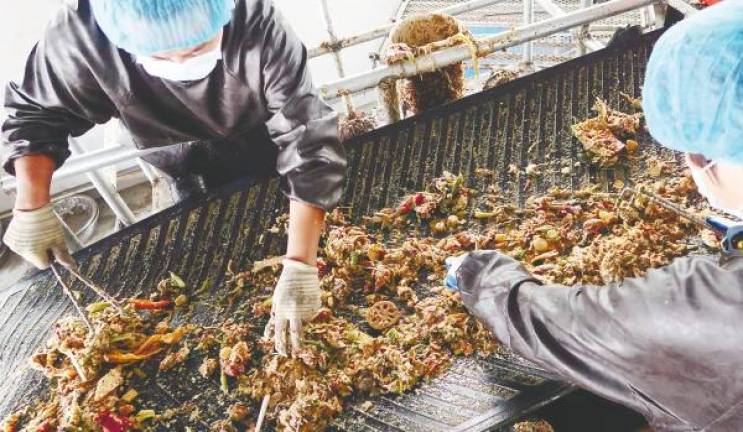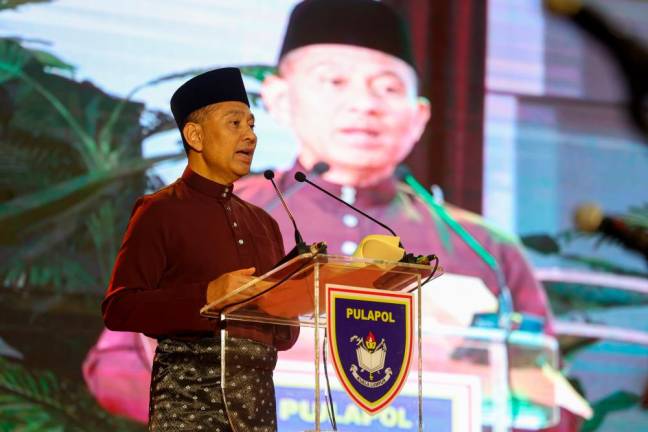BUENOS AIRES: Bolivia’s exiled ex-president Evo Morales arrived in Buenos Aires on Thursday where Argentina’s new leftist government of President Alberto Fernandez has granted him asylum.
Morales “has just landed at Ezeiza (airport). He’s coming to stay in Argentina as an asylum seeker and will then have refugee status,“ Foreign Minister Felipe Sola told TN television.
Morales was accompanied by a coterie of top officials from his former government: vice president Alvaro Garcia, foreign minister Diego Pary, health minister Gabriela Montano and ambassador to the Organisation of American States Jose Alberto Gonzales.
The remnants of his cabinet had been with Morales in Mexico, which initially granted him asylum after he fled Bolivia last month.
Sola said Morales “feels more comfortable here than in Mexico.”
Morales, Bolivia’s first indigenous president, fled the country after nearly 14 years in power. He lost the support of the military amid weeks of violence that followed what international monitors said were deeply flawed elections.
Morales claims he was overthrown in a right-wing coup, and while in Mexico kept up a daily campaign against the interim government in interviews and on Twitter.
The ex-president’s closer proximity to Bolivia’s borders drew a warning from the country’s interim Foreign Minister Karen Longaric.
She told a press conference in La Paz that the former president would have to comply with the rules of asylum and not interfere in Bolivia’s politics.
Whether as an asylum seeker or refugee, Longaric said the former president should not be allowed to carry out public political activity as he did in Mexico.
“We hope that Argentina strictly complies with the principles and rules of asylum and refugee rights, and that what happened in Mexico, where he had an open microphone and open forum to do politics, does not re-occur,“ Longaric said.
The minister said she foresaw “very difficult” relations with Argentina, which did not invite Bolivia’s interim right-wing president Jeanine Anez to Monday’s inauguration of the leftist Fernandez, who has spoken proudly of his friendship with Morales.
“We want Evo’s commitment not to make political statements in Argentina. It is a condition that we are asking,“ Sola said.
‘Strong and vibrant’
However, Morales lost no time in making it clear he planned to continue to noisily oppose the interim government.
“Now I have arrived in Argentina, to continue fighting for the humblest and to unite the great homeland. I am strong and vibrant,“ he wrote on Twitter.
He reserved a special thanks for Mexico and his ally, President Andres Manuel Lopez Obrador.
“A month ago I arrived in Mexico, a brother country that saved our lives, I was sad and broken,“ wrote Morales.
A diplomatic source told AFP that Morales is staying in the greater Buenos Aires area, which includes the La Matanza district, home to a large Bolivian community.
Argentina is officially home to 350,000 Bolivians, according to a 2010 census, making up 20% of the country’s foreign population. However, community associations put the figure at between one and two million.
In his comments to Argentine television, Sola said there was no immediate meeting planned with Fernandez.
He said Argentina’s new government did not recognise Anez’s administration as anything other than a “de-facto government” but would assist it to “hold elections as soon as possible”.
Anez has said new elections will be held in Bolivia in March or April next year, and that Morales would not be allowed to participate.
Morales left Mexico City on Friday for a brief visit to Cuba, before flying to Argentina.
His two children arrived in the Argentine capital from La Paz at the end of November. — AFP



